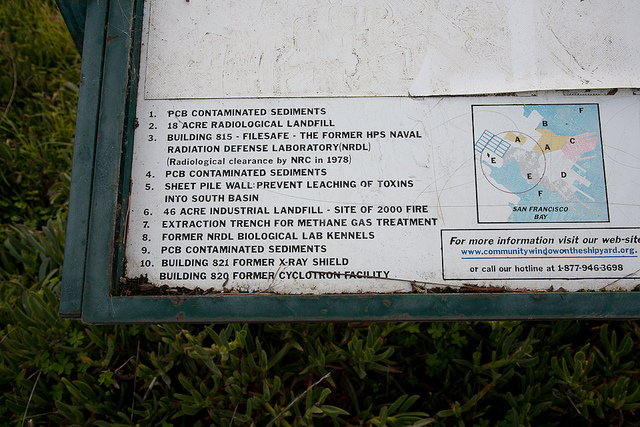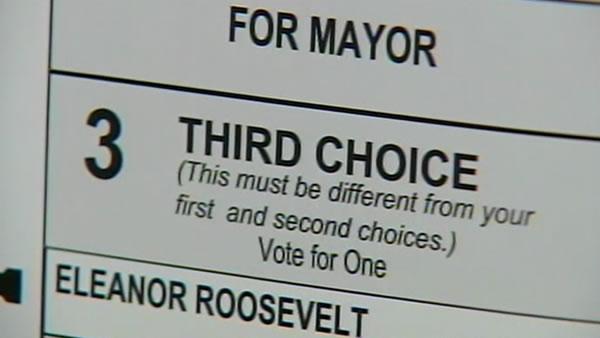By Bernice Yeung | Crowdfund this with Spot.Us
Part of the Prisons & Public Health news blog
Facing a court-ordered deadline to reduce overcrowded state prison populations, Gov. Arnold Schwarzenegger released a plan last Friday (PDF) that would revisit a previously rejected “early release” program, along with other measures. Early release would place elderly, medically infirm inmates and some prisoners with less than 12 months left to serve on their sentence under house arrest with GPS monitoring. Thus, an elderly or ill inmate could be “housed” in a hospital or treatment center. Previously, Newsdesk.org reported that California’s underfunded public health systems are already struggling to absorb existing parolees, and that local officials fear that situation will worsen as the state tries to meet the court-imposed mandate to lower the prison population by 40,000 over the next two years. The state estimates that early release, also known as “alternative custody,” could reduce the prison population by 4,800 inmates, but the measure was rejected by the California assembly earlier this month due to public-safety concerns.


